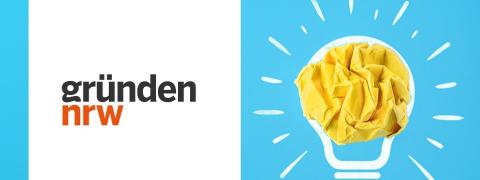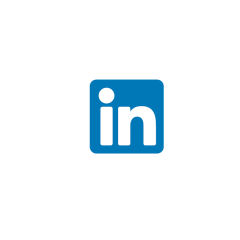
©stokkete - stock.adobe.com
About #GründenNRW
The state of North Rhine-Westphalia wants to offer founders the best possible conditions for becoming self-employed.
At a time when markets are developing ever faster and ever more specific industries, technologies and focus topics are emerging, there is a need for support and diverse advice for founders.
That's why the Ministry of Economics of the state of North Rhine-Westphalia has launched #GründenNRW.
Get inspired by exciting founding stories, find interesting events and networks, individual consultancy and funding, and news for your entrepreneurial development!








Social media settings
By activating these fields by clicking, information will be send to the following services and saved there:
Facebook, X, YouTube, Google, Pinterest, Instagram, Flickr, Vimeo
Please read carefully our notes and information on Data Privacy and Netiquette (in German) before you activate individual social media.
Activate data feeds from Social Networks permanently and consent to data transfer: